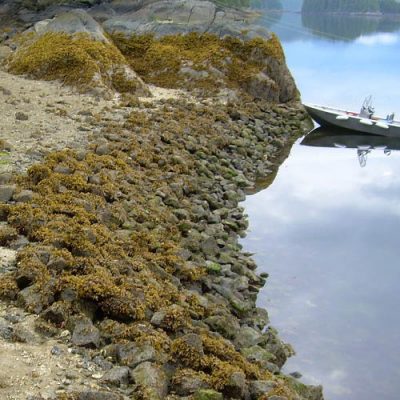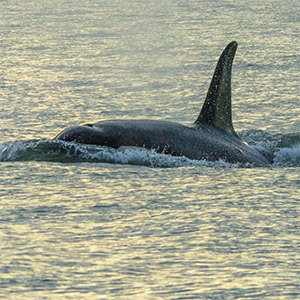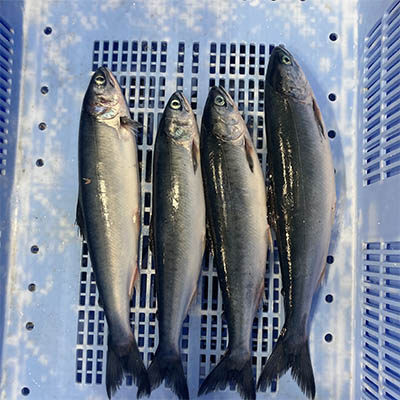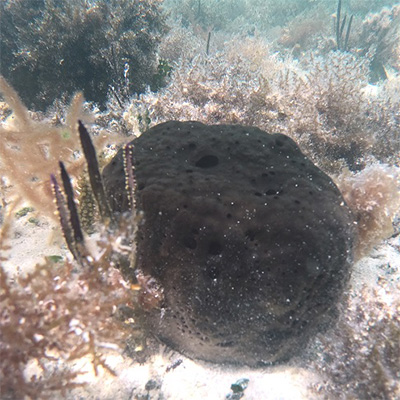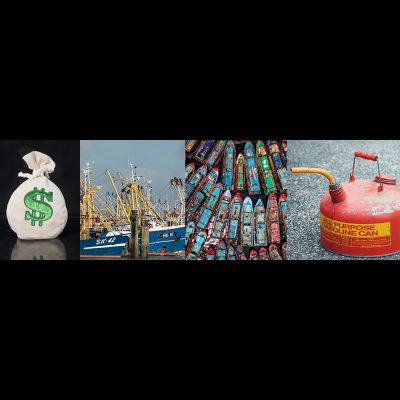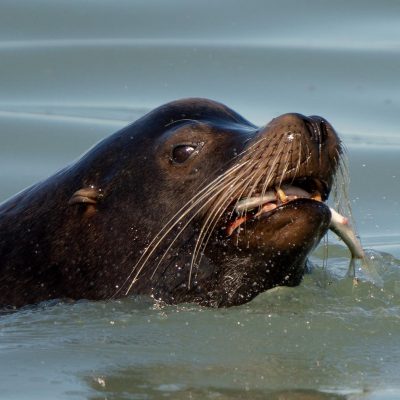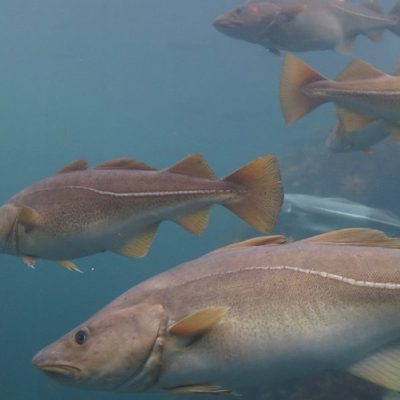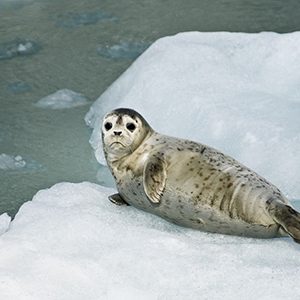New sea garden story map showcases Indigenous mariculture practices across the Pacific
The living map synthesizes information about ancestral mariculture across the Pacific Ocean and describes the work that a number of communities are undertaking to reawaken diverse sea gardens.
Decoding the secret lives of killer whales one micro-second at a time
Using methods to detect when the animals are catching prey and to model their energy expenditure will be key to understanding the differences between these neighbouring whale populations.
Expect to see more squid and less sockeye salmon on “climate changed” menus
Vancouver seafood lovers may see more Humboldt squid but less sockeye salmon on restaurant menus in the near future due to climate change.
International Year of the Salmon Expedition helps IOF researchers map North Pacific food webs
For scientists in the IOF’s Pelagic Ecosystems Lab, the trip represents a chance to trace the outline of North Pacific food webs, in which salmon play a central role as both predator and prey.
New measurements shows seadragons grow slowly, but in a fashion similar to other bony fish
Despite their odd shape, which makes them resemble a tuft of seaweed, common and leafy seadragons grow in the same fashion as other bony fish, new research has found.
Sea sponges need oxygen, as fish and people do
New research indicates that sea sponges’ growth depends on their oxygen supply, in a manner similar to more complex animals such as fishes.
WEBINAR: Subsidizing extinction: Subsidies, Sustainable Development Goals and the World Trade Organization
The video of this webinar is now available. Open this page to view.
Partnership between UBC researchers, marine stewards and K’ómoks First Nation spawns new microplastics findings
What they found helps illuminate the study of microplastics in the ocean, an area of pollution research that is garnering lots of attention due to the many unknowns about how these particles damage the health of organisms that ingest them.
New model helps predict climate change-induced early spawning by fish
Fisheries managers and researchers may now predict how early fish will spawn in response to warming waters due to climate change, both in the oceans and in freshwaters.
Long-term studies quantify the prey requirements of pinnipeds, and help predict the effects of nutritional stress
Two new studies by Dr. David Rosen answer the question: “How much fish does a seal need?”
